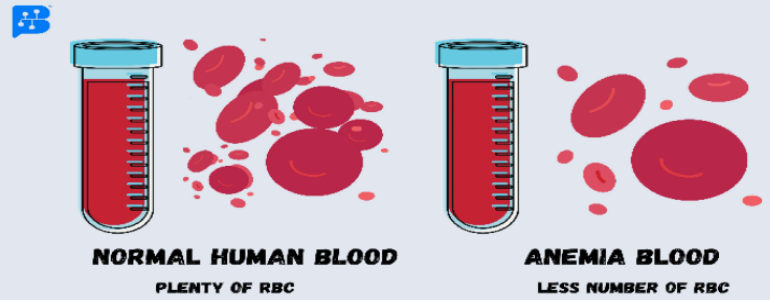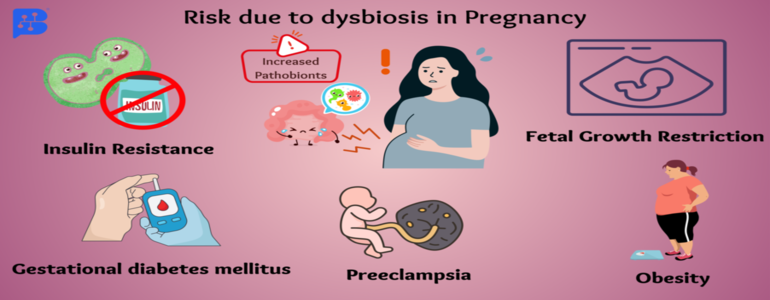- March 8, 2019
- Bibhuti
- Microbiome and Lifestyle
Gut Microbiome and Healthy Aging
Ageing is an inescapable process. The health of an individual will inevitably deteriorate due to ageing and other physiological processes. We cannot stop ageing, however in all probability, maintaining a healthy life and ensuring a “healthy ageing” is definitely in one’s hands.
World Health Organisation (WHO) defines healthy ageing “as the process of developing and maintaining the functional ability that enables wellbeing in older age”. Functional ability is about having an optimal intrinsic capacity (mental and physical) and suitable environment (home, community and society). It is this intrinsic capacity that gets deteriorated over time with various internal and external factors, with immunological reasons being the most dominant one. Adding on to the abundant data that is already present, new reports have established strong connection between gut microbiome and human ageing and wellbeing.
Microbiota and Immunosenescence
As mentioned above, immunity and immunological reasons are the most dominant ones that hinder the process of healthy ageing. “Immunosenescence refers to the gradual deterioration of the immune system brought on by natural ageing process”. The ageing process is generally accompanied by a chronic (slow developing) background of inflammation, which is termed as “inflammageing”. A noteworthy negative outcome of immunosenescence and inflammageing is characterized by a significant decrease in the functionality of immune system. This results in development of most age-related disorders, deteriorating intrinsic capability of individuals and significantly increasing the morbidity and mortality risk in the elderly.
The human gut microbiota has a two-way interaction with processes of Immunosenescence.
On one hand, the microbial community in the gut (or the microbial burden) causing chronic, age-related inflammation is known to influence immunosenescence. While it is not conclusively proven that our gut microbiome is the root cause of inflammageing, there is a growing body of evidence to support this notion. The basic idea is that the gut microbiome is essential for normal immune function and development, and the immune system gets impaired by perturbations in the gut microbial ecosystem.
On the other hand, the process of immunosenescence has a significant impact on composition of gut microbiome, once it has reached a certain stage. This can cause troublesome changes in the composition of the gut microbiota, specifically in aged individuals. This usually results in the loss of bacterial diversity and a marked decline of beneficial microbial species during ageing, in turn leading to a compromised gut barrier, dysbiosis, increased bacterial infiltration into the body and eventually a vicious cycle of chronic inflammation.
Several studies on maturing gut microbiota have uncovered that the diversity of microbiota in elder individuals is significantly lower as compared to young individuals. It has been observed that a varied abundance of phylum Firmicutes and an overall low diversity in elderly subjects, is associated with increased health risks. A distinct study has reported significantly higher abundance of Bacteroidetes, and lower abundance of Clostridium cluster IV in elderly compared to younger subjects.
Healthy Ageing through Gut Microbiome
Since, the worldwide population is progressing towards a less dynamic, sedentary culture, it has become critical to prevent or delay age-related complications and maintain a good health. Many studies have explained that human wellbeing needs a valuable gut microbiota for physical and mental improvement at every age and alteration in physiological functions during the ageing process can affect the composition and functions of gut microbiota.
Hence, investigations have proposed that keeping up a decent gut microbiota through any means is critical for healthy ageing. But, the microbial community in the gut varies between individuals to a great extent and is dependent on eating habits, topography, host genetics, early microbial introduction and many other factors. Of all these, diet and nutrition are the most accessible factors that can be moderated by us, hence giving us control over our ageing.
Nutrition, Microbiota and Ageing
Nutrition and diet play a significant role in shaping up of the host's gut microbiota. Nutrition is a key environmental factor that interacts with host genes, particularly in nutrient signalling pathways, and as recently reported, via gut microbiome. Hence, nutrition is a critical factor that can interlink gut microbiome with host genome.
Consuming high fibre or Microbiota Available Carbohydrates (MACs) containing diets or taking optimal mix and quantity of prebiotics species may help in aversion and treatment of age-related pathophysiological conditions, which can aid healthy ageing and advance life span. A high-fibre rich diet stimulates the gut microbiota towards performing different functions, as protection from inflammation, obesity, diabetes, heart disease, and high blood pressure. It has been reported that eating high-fibre content enhance the abundance of Bacteroidetes and decrease the abundance of Firmicutes. Studies also postulated that fibre-containing diets can help in developing the gut microbiota towards protecting the host from inflammation and non-infectious colonic diseases, due to the high abundance of Faecalibacterium prausnitzii along with other Short Chain Fatty Acids (SCFAs) producing bacteria.
Various studies have suggested that butyrate, one of the products of SCFAs-producing bacteria, play several beneficial roles to improve the health in elderly. It has been hypothesized that the level of SCFAs, especially acetate, butyrate, and propionate, in the gut of aged people is reduced compared to young subjects, and hence a diet that can aid production of SCFAs is critical. Nutrition and microbiome, together, also influences the host's epigenome; for instance, folate and choline, as dietary methyl-givers, can influence DNA methylation. A detailed account of various fibre rich foods and much more, that can aid in the process of building a healthy gut microbiome has been detailed here and here.

Probiotics and Prebiotics in Ageing
Consumption of prebiotics and probiotics can augment the benefits of nutritious diet by multiple fold. Plant based diets, can elevate the abundance of beneficial species which is already present in your gut, or taken as probiotic supplement along with food. Prebiotics, which are also dietary substances that selectively promote proliferation and activity of beneficial bacteria indigenous to our gut, will also have similar effect on improving the composition and abundance of beneficial microbes. Other than these, numerous biomolecules, like micro-nutrients, fermented products, gut-related hormones and other compounds, are produced by these endogenous commensal organisms that are important in neurological and mental health of adults. Together, they can promote growth, stimulate the immune system,prevent gut-related and other diseases, which together is of critical importance for elder individuals.
Conclusion
Overall, the strength of our immune system is supported by a healthy gut, which includes a complex interplay of symbiotic relationships between the gut microbiome and our body. Hence, developing, maintaining and sustaining a solid gut microbiome is the key factor to maintain a sound and healthy ageing, and this process is directly influenced by food and diet, probiotics and prebiotics. With BugSpeaks®, our endeavour is to provide you with a personalized, actionable and easily adoptable dietary, probiotic and prebiotic recommendation, which can aid you a long way through your ageing process.








